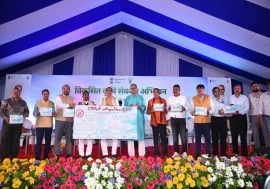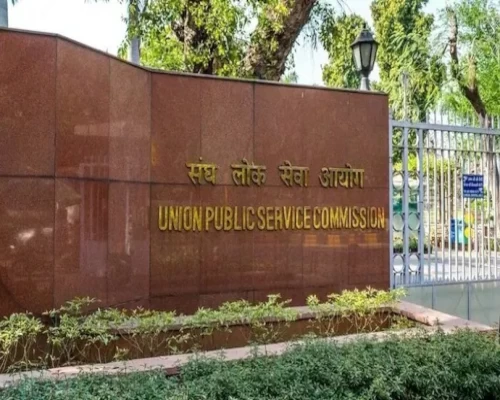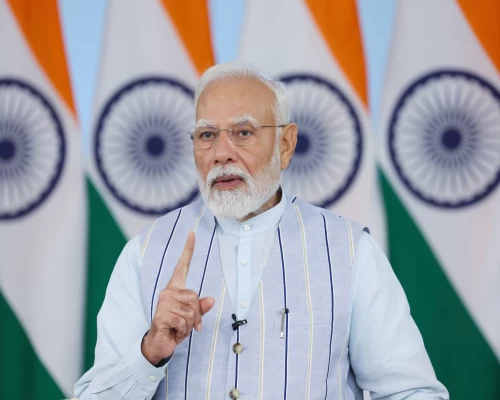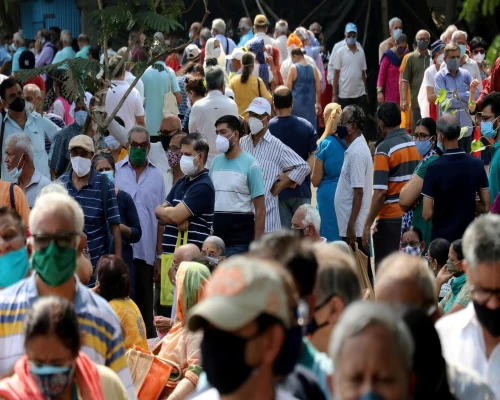
Remember the time when you had to travel in the unreserved compartment of a railway train. If you recall, the unreserved compartment gets choc-a-bloc at the origin itself. While millions of others also want to travel to their destination despite not having a reservation, those individuals who managed to get into the unreserved compartment at the origin do not let anyone else to enjoy the “privilege” of getting to their destination.
Those traveling in the unreserved compartment are of course common folks who will question them being called “privileged.” They would emphasize that their condition is worse than those traveling in the reserved compartments. However, the comparison to those traveling in the reserved compartment obfuscates the real issue. The apples-to-apples comparison has to be among those who could not get a reservation – the minority who are still lucky to get to their destination versus the majority who want to but cannot.
This simile is critical to understand the political economy of reforms in a democracy like ours. Any structural reform pits two sets of stakeholders against each other – the vocal minority who oppose the reform versus a silent majority that will benefit from the reform. Having benefited from the status quo, the vocal minority is richer and knows how to have its voice heard in the corridors of power. In contrast, the silent majority, which has remained impoverished due to the status quo, cannot have its voice heard.
Unlike the vocal minority, the silent majority does not have the financial cushion to leave their daily work to register their voice. Finally, the vocal minority knows clearly its costs from reform. In contrast, the silent majority remain uncertain of the benefits till such benefits actually manifest. The resultant asymmetry in information and voice skews the odds in favor of the vocal minority and, thereby, fosters populism and can stymie reform. We citizens therefore must take care to understand this political economy of reform.
Given this political economy, compared to the product market reforms undertaken in 1991, the factor market reforms undertaken by the Government now under the leadership of the Prime Minister are more difficult. Product market reform pits domestic capitalists versus foreign capitalists. As capitalists rarely evoke emotion in a democracy, demagogues find it difficult to frame their “common man” rhetoric against such reform. In contrast, the “common man” rhetoric can be easily framed using the rich Punjab farmer even though he is significantly richer than the crores of farmers in the remaining 28 states.
Using the simile of the unreserved compartment, the rich Punjab farmer represents the more privileged traveler, who got into the unreserved compartment from the first station and stops millions of others from getting in after him, thereby preventing them from reaching their destinations. The rich Punjab farmer thus blocks the potential benefits that can accrue to his less privileged brethren in 28 other states. Thus, the rhetoric of farm bills being against the common man is vacuous.
Similar rhetoric – again one that is departed from reality – gets repeated ad nauseam against privatization and asset monetization. Workers employed in the organized sector enjoy better salaries, working hours and working conditions than those that work in the unorganized sector. Thus, organized sector workers represent the more privileged. As shown in the Economic Survey 2018-19, overly stringent labour laws espoused only the cause of privileged workers, led to anaemic job creation, and thereby robbed the privilege of organized sector jobs for our youth. The hackneyed rant of selling “family silver” is as intellectually hollow.
Considering only the public sector as family in an economy where the private sector contributes the lion’s share of GDP is tantamount to treating the biggest bread earner in the family as the orphan. Also, as shown in the Economic Survey 2019-20, most public sector assets represent anything but silver when evaluated for the value they have created. Thus, neither of the two words – family or silver – is apt. Employing the “selling family silver” rhetoric for asset monetization displays lack of understanding because asset monetization involves leasing – not selling – public sector assets for productive use in the economy.
We citizens must discern the deception by those who oppose reform as they draw their political clientele from the privileged vocal minority that benefits from status quo. The “common man” that they espouse is, in fact, privileged and has a substantial voice in the corridors of power. In contrast, reformers appeal to the under-privileged crores that form the silent majority – the “genuine common man.” We citizens must recognize this subterfuge and identify those opposing reform as those championing the cause of the privileged and those supporting reform as the ones genuinely fighting for the under-privileged.
Finally, we citizens must also appreciate that reformers are driven by their conviction to take risks. As the reformers cater to the under-privileged, who do not have a voice at the time the reform is announced, the reformers take political risk. In a democracy such as ours, therefore, we must value reformers just as we value entrepreneurs. Only then can the Indian economy progress to provide benefits to one and all. /PIB/
(The writer is Chief Economic Advisor, Government of India)









 (13)_500_x_400.webp)


